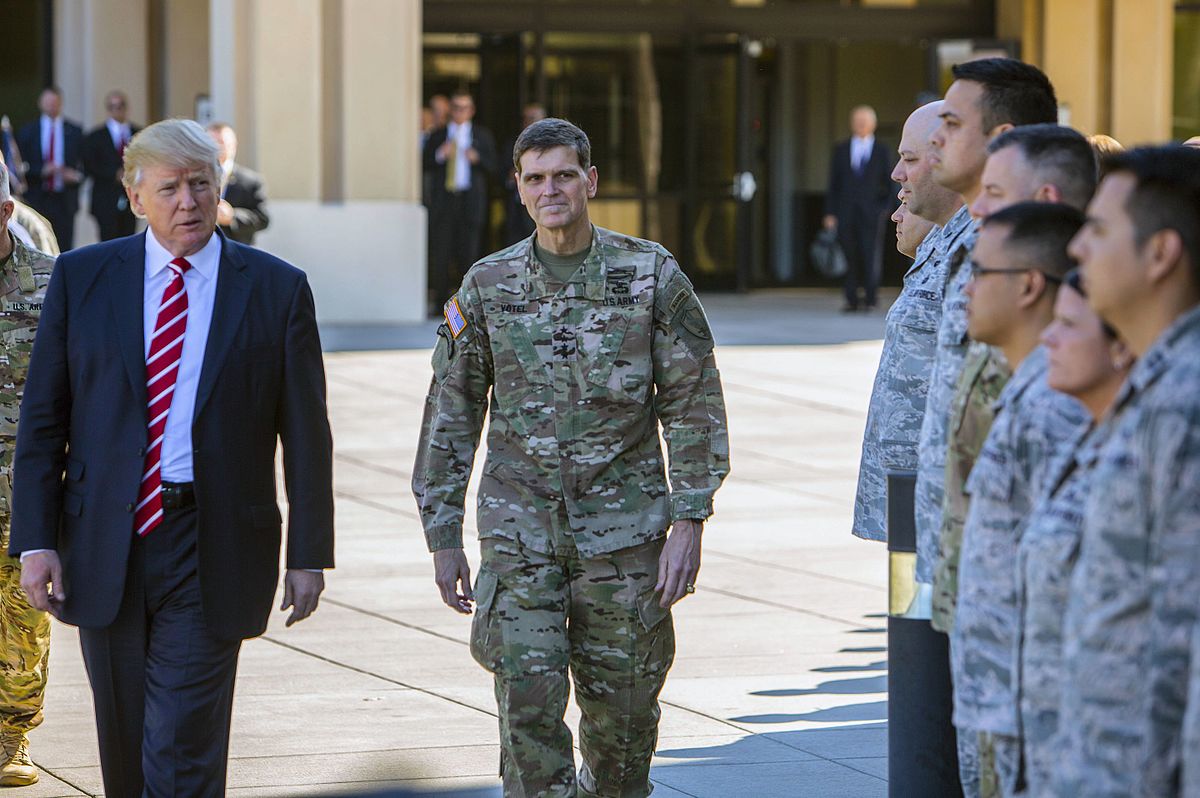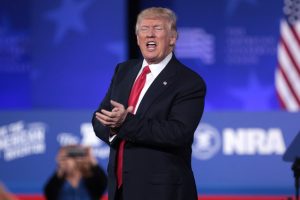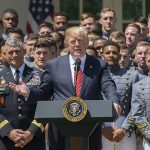by Gordon Adams
In the presidential campaign of 1992, then-candidate Bill Clinton thought it helpful to enlist retired military officers to “validate” his defense views. Given the false but widespread view at the time that Democrats were “weak on defense,” (a view heavily propagated by Republicans) the campaign’s decision to reach out to retired officers was explainable.
It also set in motion a process that, over time, has eroded the once-clear tradition that military officers (active and retired) resisted the temptation to leap into the political process. Some might argue that Generals Douglas MacArthur and Dwight Eisenhower, among others, had already broken the taboo, but in both cases they were throwing their hats in the ring as would-be or actual candidates for the presidency, not sitting around as retired officers taking pot-shots at presidents for political reasons.
Today we have something quite different. Generals and other officers gather in clumps to “validate” candidates (or, more crassly, to guard the candidates’ political flanks from accusations that they are weak on national defense). There are generals who are paid by national media, especially television, to deliver critiques of the foreign policy actions of political leaders and even the leaders themselves. And there are generals, like Michael Flynn, who lead campaign crowds in chants, like “lock her up.”
Bluntly stated, the politicization of the American military had already advanced a good deal before Trump became president.
Today, the politicization process is on steroids. It is not that officers have suddenly gone rogue. It is because this president arrived in office untethered. Trump is the accelerant. Calling for a military parade on Veterans Day (something Jim Mattis may have killed in the crib). Making intemperate decisions while ignoring military advice or just not asking (Korea military exercises, Syria withdrawal, trans-gendered Americans in the military). Deploying military forces to the internal border for purely political reasons at the peak of an election cycle, something on which I opined (with two retired Colonels) in the New York Times.
Today, the politicization of the military is rushing full speed ahead. General John Kelly, Trump’s former chief of staff, says it was not my fault; think of the things I kept him from doing. General Stanley McChrystal calls the president shady, dishonest, and immoral.
It is not that either man is wrong; that is not my point. It is that generals have been provoked, by two years of presidential unpredictability, insult, and impulsiveness, to speak out in ways we have rarely, if ever, seen in U.S. history.
This politicization deeply damages the strong American tradition of a military that stayed out of politics. It has not been provoked by irresponsible officers; it has been provoked by an intemperate Commander-in-Chief, who has no knowledge of the constitution, the lines of separation between him and the military, or the basic tenets of a democracy.
And it is dangerous. It opens a door to banana republic status, a door nobody may walk through at the moment, but an open door, nonetheless. Only the American people can close that door, through elected civilian officials in the Congress who speak out. Tragically, Republicans, once supportive of the military, are sitting on their hands, unwilling to take on the one person who is responsible for this politicization: Donald J. Trump. And we are still waiting to see how much political courage the Democrats have to take this issue on.
Cry the republic.






You’re argument in support of your thesis is weak. Perhaps the politicization of retired military member is on “steroids” but not those currently serving. Current service member are not politicking in order to affirm the role of military institutions. Also, you generalize the entire military because of a few personalities on TV.